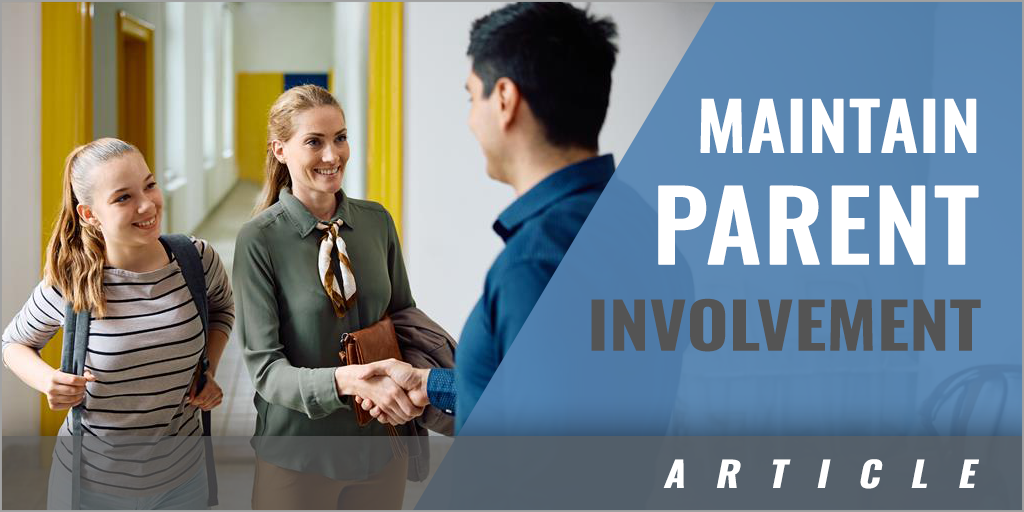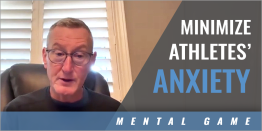|
By: Rainer Martens & Robin S. Vealey Originally Published in: Successful Coaching Many coaches find that the most challenging relationship to manage is their relationship with their athletes' parents. This includes guardians, but we will use the term parents to represent both here. Some parents are completely apathetic to their child's participation in sports. Others are overly involved and become overbearing, both with the coach and with their child. You need to foster appropriate involvement by giving parents clear guidelines on their roles and your expectations of them. In turn, you need to remember that parents are ultimately responsible for their children, and most desire only the best for them. Respect their ultimate responsibility for the well-being of their children by not being threatened when parents inquire about their athlete's participation. Parents, in turn, need to respect your position. They should not interfere with your coaching unless there is reasonable cause for them to suspect that their child is being exposed to unnecessary physical or psychological risk or is being treated unfairly. Your relationship with your athletes' parents is almost as important as the relationships you have with the athletes themselves. With a little effort, you can have parents working with you and appreciating your efforts. The key is informing them about your program and listening to their concerns. Many of the traditional problems between parents and coaches can be avoided when coaches hold a preseason parent orientation program, and then communicate clearly with them throughout the season. Parent (and Guardian) Orientation Program The purpose of the preseason orientation is to do the following:
When should the meeting be held? How long should the meeting be? Should the athletes attend the meeting? During the Season After the preseason meeting, continue to communicate with parents as needed. Here are suggestions for communicating with them throughout the season:
Postseason At the end of the season, invite each parent to evaluate you and the program. Ask them to point out things that went well and to suggest what might be improved. You can find a Postseason Parent Evaluation Form online on HKPropel. Give copies to all parents and ask them to return them to you. Their feedback can help you become a better coach. |






